India's National Knowledge Commission-2: Its Terms of Reference:
Knowledge Commission sans `knowledge worker' or `knowledge economy.'
India's National Knowledge Commission has the following terms of reference: The Commission will advise the Prime Minister on matters relating to institutions of knowledge production, knowledge use and knowledge dissemination.
The main terms of reference of the Commission, referred to as the "knowledge pentagon, include: (i) Building excellence in the educational system to meet the knowledge challenges of the 21st Century, (ii) Promote research in Science and Technology, (iii) Improve the management of institutions engaged in Intellectual
Property Rights, (iv) Promote knowledge applications in agriculture and industry, and (v) Promote the use of knowledge capabilities to make the government effective, transparent, accountable and public-oriented.
It will also explore ways in which knowledge can be made more widely accessible in India for maximum public benefit.
The danger to treat `knowledge' as a `commodity'(which it is not) to be produced (knowledge is created, not produced), used and disseminated (the natural order here is `dissemination' followed by `use' and not the other way) should be avoided by the knowledge commission. Moreover, in social and development context it is the `usable knowledge' (practical utility), which matters to the people and not the `knowledge for its own sake' (intellectual pursuit). When it has been proposed that the knowledge commission `will also explore ways in which knowledge can be made more widely accessible in India for maximum public benefit,' this term of reference presuppose existence of (usable) knowledge, which need not always be the case. The general perception is that not many 'knowledge institutions' (universities, research institutes / laboratories) have a ready storehouse of (usable) knowledge for dissemination among the people.
The main terms of reference of the knowledge commission can be grouped into five categories in brief: (i) excellence in educational system, (ii) research in science and technology, (iii) management of intellectual property rights (IPRs) institutions, (iv) knowledge applications in agriculture and industry, and (v) good governance.
These main terms of reference of the knowledge commission have two striking features. First, their inter-sectoral nature. Usually in government, such commissions or their lesser entities, (high powered) committees, are sectoral in nature, say, confined to a sector like education, agriculture, industry, etc. The multi-sectoral terms of reference of knowledge commission will require an expertise of a very high order for inter-sectoral co-ordination. The knowledge commission
as constituted at present does not have such an expertise though it does have a former member of the Indian administrative service who resigned from the service to pursue academic interests and till recently was vice chancellor, Delhi university and as such has to be treated more of a specialist rather than a generalist.
Secondly, and more importantly, India is perhaps the first and so far the only country in the world which has set up a (national) knowledge commission. This is a laudable step. The terms of reference of the knowledge commission, however, do not explicitly recognize the `knowledge worker' or `knowledge economy' or `knowledge society.' This is worrisome not only because many Indians are spearheading the
ongoing information revolution and India itself is a notable contributor to and beneficiary of the (new) `knowledge economy' but because creation of the national knowledge commission is a unique opportunity in which the knowledge commission can have a vision of Indian `knowledge society' based on `knowledge economy' and driven
by `knowledge workers' and prepare a plan of action to realize the vision in a definite time-frame. No commission, which calls itself, `knowledge' commission can afford to ignore these basic concepts, which are driving the ongoing information revolution worldwide.
Dr D.C.Misra
June 15, 2005
Subscribe to:
Post Comments (Atom)




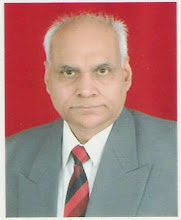

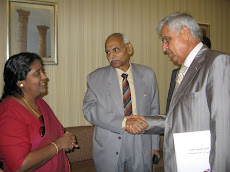
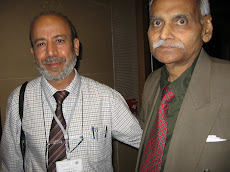
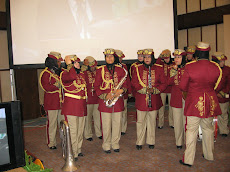
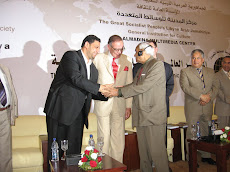
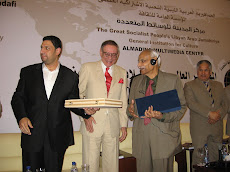
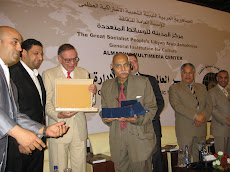


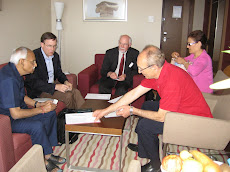
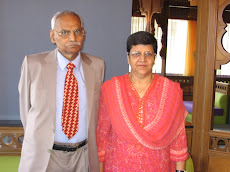
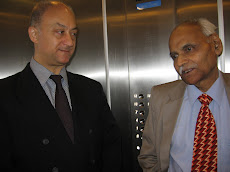
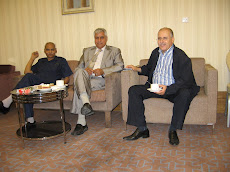
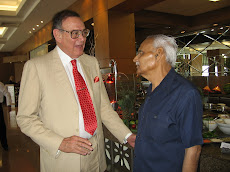
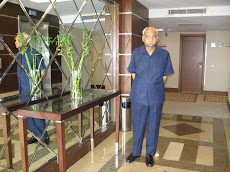
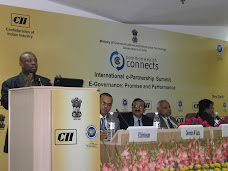









No comments:
Post a Comment